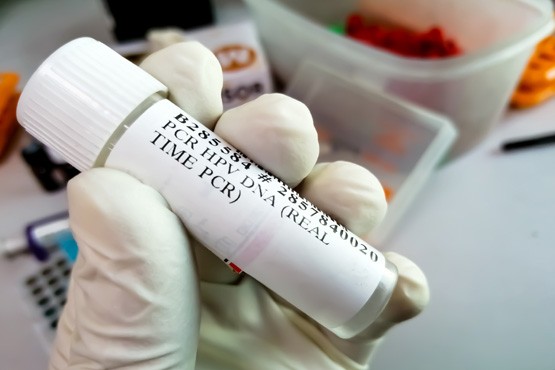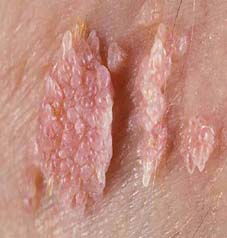HPV TYPES

How many types of HPV are there and what groups are they divided into?
There are known to be over 300 types of HPV. There are about 40 types that cause infection in the anal and genital area. These types are generally classified under three headings: low risk group, probable high risk group, and high risk group.
What HPV types are in the low risk group?
The low-risk group consists of HPV Type 6, Type 11, Type 40, Type 42, Type 43, Type 54, Type 61, Type 62, Type 71, Type 72, Type 74, Type 81, and Type 91.
What HPV types are in the probable high risk group?
The probable high risk group includes Type 26, Type 53, Type 66, Type 67, Type 68, Type 69, Type 70, Type 73, and Type 82.
What are the high-risk HPV types?
The high risk group includes Type 16, Type 18, Type 31, Type 33, Type 35, Type 39, Type 45, Type 51, Type 52, Type 56, Type 58, and Type 59.
What are the HPV positivity rates in Turkey?
According to an analysis by the Turkish Gynecological Oncology group, HPV positivity was found to be 25% in the cases examined. HPV positivity was found to be 27% in people with a normal smear result, and 50.2% in people with an abnormal smear result.
What are the most common HPV types in Turkey?
In the group with abnormal smear results, the most commonly detected HPV type was HPV Type 16 (46%). In the group with normal smear results, HPV Type 16 was most commonly detected at a rate of 26.8%. Overall, the most common HPV types are HPV Type 16 (32%), HPV Type 6 (17%), HPV Type 11 (9%), HPV Type 18 (8%), HPV Type 31 (6%), HPV Type 51 (5%), and HPV Type 33 (3%).
Which HPV types cause warts on hands and feet?
HPV Type 1, Type 2, Type 4, Type 27, and Type 57 generally cause warts on hands and feet. These are generally low-risk types and cause benign (non-cancerous) warts on the skin.
Can we determine which HPV type is causing the wart by looking at the appearance of the wart?
In general, it is not possible to determine which HPV type is causing the wart just by looking at its appearance. Different HPV types can cause similar warts and the same type can cause different-looking warts. Consequently, molecular tests are required to determine the HPV type.
Which HPV types generally do not show symptoms and which types more often do?
Many types of HPV do not show symptoms or signs, these are called "silent" infections. Specifically, high-risk HPV types (for example, type 16 and 18) generally do not show symptoms and can cause serious health problems like cervical cancer. However, low-risk HPV types (especially types 6 and 11) more often do show symptoms and can cause genital warts. Therefore, regular screenings and tests are extremely important, as HPV infections can progress without showing symptoms.
Which types does the HPV vaccine protect against? Also, what is the issue of cross-reactivity?
Currently available HPV vaccines generally provide protection against the most common and most risky HPV types. For example, the vaccine called Gardasil 9 covers the four most common types (6, 11, 16, and 18) and additionally five high-risk types (31, 33, 45, 52, and 58).
Cross-reactivity refers to a situation where a vaccine provides protection against another pathogen that is not included in the vaccine but is structurally similar. Some studies have shown that the Gardasil 9 vaccine, in particular, may provide some protection against other high-risk HPV types that are not included in the vaccine but are structurally similar to the HPV types in the vaccine. However, more research is needed on the clinical significance and duration of this protection.
This article may also interest you

Genital warts are a contagious disease caused by the human papillomavirus (HPV), usually transmitted sexually.
Read more

 TR
TR EN
EN